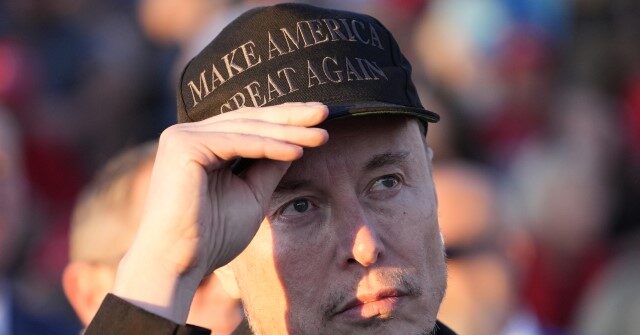Outgoing European Commission Vice President Věra Jourová has recently intensified her criticism of Elon Musk, labeling him as a “promoter of evil” due to his apparent noncompliance with European Union (EU) ambitions surrounding moderation on X, the platform formerly known as Twitter. In comments made to Politico, Jourová suggested that Musk’s management of the platform is in direct opposition to EU efforts to combat antisemitism and disinformation. Notably, Jourová’s comments represent a significant continuation of an ongoing tension between Musk and EU officials, particularly over differing views on freedom of speech. The clash is emblematic of a broader struggle regarding the governance of digital platforms, where regulatory frameworks are often at odds with the philosophies of Silicon Valley entrepreneurs.
Jourová’s statements include a stark depiction of Musk, claiming he is the only corporate leader she has encountered who cannot discern between good and evil. She asserted that X has become a major hub for antisemitic content, criticizing Musk for failing to take adequate steps to curb harmful speech. This notion of Musk as a maverick operating outside established norms underscores the broader conflict between his vision of free expression and the EU’s more regulated approach. Jourová’s comments reflect a deep-seated anxiety among European policymakers regarding the potential for social media giants to wield influence unchecked, leading to societal harms that they argue necessitate greater regulatory oversight.
In response to Jourová’s remarks, Musk took to X to craft a rebuttal, presenting statistics that he claimed demonstrated a higher prevalence of antisemitic content on competing platforms rather than on X. This engagement illustrates Musk’s approach of publicly confronting criticism and defending his platform’s policies. His retort—claiming Jourová simply needs to look in a mirror to understand evil—highlights the contentious nature of their exchanges. It appears that the debate has devolved into personalized attacks, demonstrating how disagreements about tech governance can quickly become deeply ideological and character-based.
Jourová advocates for a “whole of society” strategy to address the challenges of speech moderation, emphasizing the need for coordinated efforts including fact-checking, media independence, and strategic communication. This calls into question how far EU policymakers are willing to go in regulating social media and whether such steps could create a precedent for broader government control over digital spaces. Jourová’s framing of these issues suggests a belief that the EU is qualified to wield this “monstrous power” to curb harmful narratives, a position that resonates with her previous stances advocating for media regulation in response to various political pressures, including the rise of nationalism.
Historically, Jourová has consistently called for stronger actions against perceived online threats, particularly as they relate to public safety and social cohesion. Her previous interactions with Musk and the platform reflect a growing frustration from EU officials over the pace at which social media companies adapt to regulatory expectations. In earlier encounters, she expressed disappointment that Twitter had not progressed toward aligning with EU directives on suitable content moderation practices. This sense of urgency, combined with the EU’s agenda of stemming the tide of misinformation and harmful speech, illustrates a clear impetus for developing comprehensive strategies among EU nations.
As this conflict unfolds, it raises larger questions about the future of social media governance and freedom of expression within the framework of existing laws. Jourová’s comments serve as a reminder of the increasing stakes involved when powerful entities like Musk clash with regulatory bodies that see themselves as protectors of democratic values. As Musk continues to challenge these authorities, the situation is likely to evolve, setting precedents for how governments and private enterprises interact in an increasingly digital world. The stakes have never been higher for both sides, encapsulating the competing visions for the future of communication in the global marketplace.

